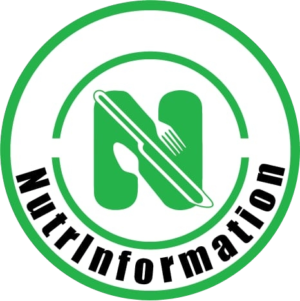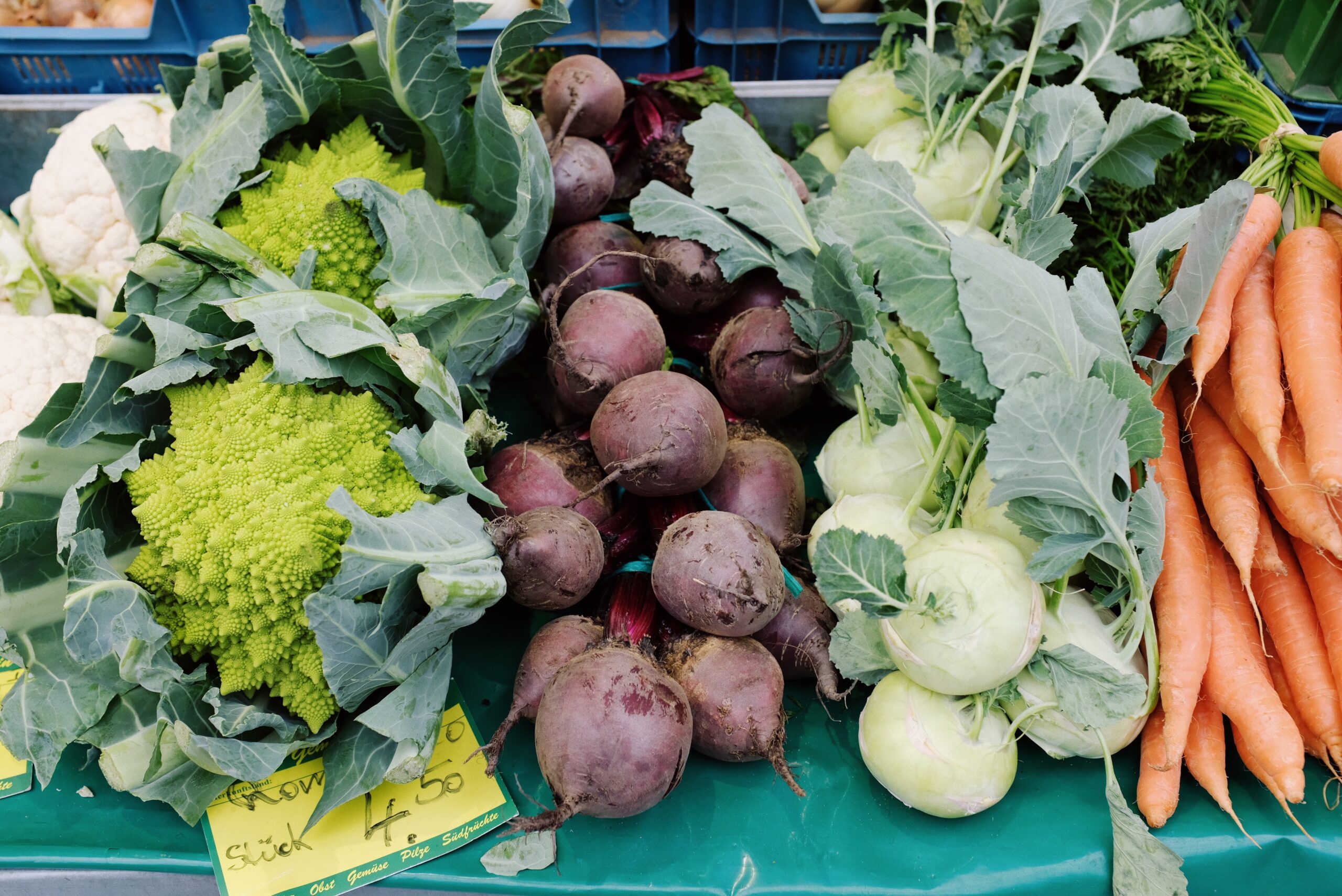Important Nutrients for pregnancy and where to get them
Congratulations on your pregnancy! As your baby is growing inside you, they need the best nutritional care. In addition to a balanced diet, the baby needs some other important nutrients to support their normal growth. In this article, we discuss these important nutrients that must be provided during pregnancy.
Folic acid
Folic acid helps to prevent neural tube disorders. Which is a very serious birth defect of the brain and spine. Your baby starts to develop the spine from the first week of pregnancy. This is way before you even know that you are pregnant. Most people know they are pregnant on the 4th week after missing their period. In any case, you are deficient in folic acid, this can be too late to protect the baby from neural tube disorder.
You need 400 mcg of folic acid daily. You can get this by taking folic acid-rich foods like leafy green vegetables, citrus fruits, and beans. And also by taking folic acid supplements daily through the first trimester.
The World health organization advises women planning to get pregnant to start taking folic acid supplementation even before getting pregnant.
Iron
Another important nutrient during pregnancy is iron. Your body uses to make hemoglobin (blood). During pregnancy, you need double the amount of iron to make more blood to take oxygen to your baby. The baby also needs iron so as to make their own blood. Insufficient amounts of iron can cause anemia, fatigue, premature birth, and low birthweight.
To boost on iron, you can eat lean meat, poultry and liver, Green leafy vegetables especially amaranth (Terere), black nightshade (Managu), and mrenda. Beans and Nuts are also rich in iron.
Please do not eat calcium-rich foods like dairy, coffee, tea, egg yolks, or soybean together with iron-rich foods. These block your body from absorbing iron. Another tip to ensure your body absorbs iron is to take iron-rich foods with vitamin C-rich foods like oranges or orange juice.
In case you have frequently tired during your pregnancy, you need to see your doctor immediately. You may be having iron deficiency. Read more about anemia during pregnancy
Calcium
Calcium helps in the development of the baby’s bones, teeth, heart, muscles, and nerves. You need up to 1000mg of calcium per day making calcium a very important nutrient during pregnancy. If you don’t take enough calcium, your body will take calcium from your bones and give it to the baby. This will affect your bone density and cause you to have weak bones in the future. This condition is called osteoporosis and it worsens during menopause. Low intake of calcium is also associated with high blood pressure during pregnancy which can lead to premature birth or even death.
The best source of calcium is dairy products like cheese, milk, and yogurt. Green leafy vegetables like kales, pumpkin leaves, Amaranth (Terere), and Mrenda. Omena and supu (Stock made from boiling of bones) are also great sources of calcium.
Vitamin D
Vitamin D helps the body to absorb calcium. It also ensures the proper functioning of nerves, muscles, and the immune system. The baby also needs this vitamin to help them in developing bones and teeth. In Africa, we need not be stressed about vitamin D because of the blessing of sunshine throughout the year. Exposure to the sun daily will do you great.
DHA (Omega 3 fatty acid)
Omega 3 fatty acid known as Docosahexaenoic acid is important in the development of the baby’s brain and eyes. DHA is a very important nutrient during pregnancy because its deficiency may interfere with the baby’s cognitive development. The best sources of DHA are fatty fish like salmon, tilapia, Nile perch, catfish, trout, halibut, and shrimp.
Iodine
Iodine is a mineral is needed to make thyroid hormone. Thyroid hormone helps the body store and use energy from food. The baby needs iodine for the development of the nervous system and brain.
You can get iodine from fish, milk, cheese yogurt, or cooking with iodized salt. In Kenya, most table salt is iodized, and therefore no need to be worried. However, if you have thyroid disease or a history with goiter it will be helpful to talk to your doctor about it.
In addition to these special nutrients, Do not forget that your body still needs to have carbohydrates, proteins, fats. Have a balanced diet with a variety of foods to prepare for pregnancy

